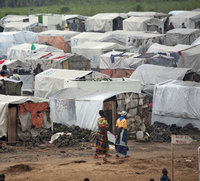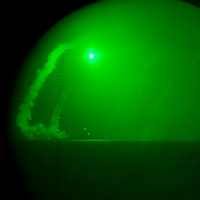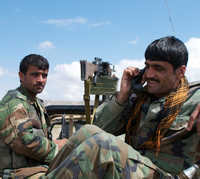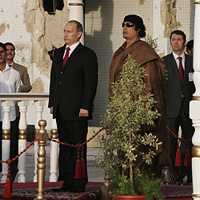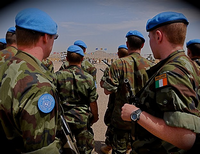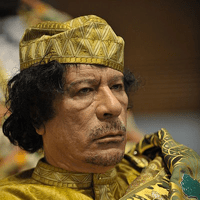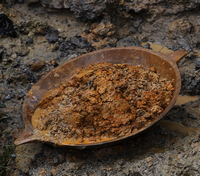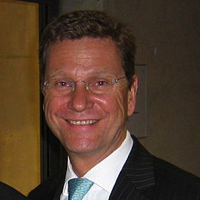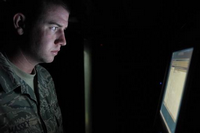
In June 2009, a computer worm called Stuxnet was unleashed against the nuclear enrichment plant at Natanz, Iran. Designed to infect the operating system used by the Iranians to control their nuclear centrifuges, Stuxnet significantly disrupted, and thus delayed, Iranian nuclear efforts, according to a New York Times report on Jan. 15, 2011. The Times report also provided a breathtaking peek behind the scenes of what appears to have been a large and complex covert operation to develop the Stuxnet worm. If the revelations are true, then the Stuxnet attack provides significant insights about the potential character of war by […]

